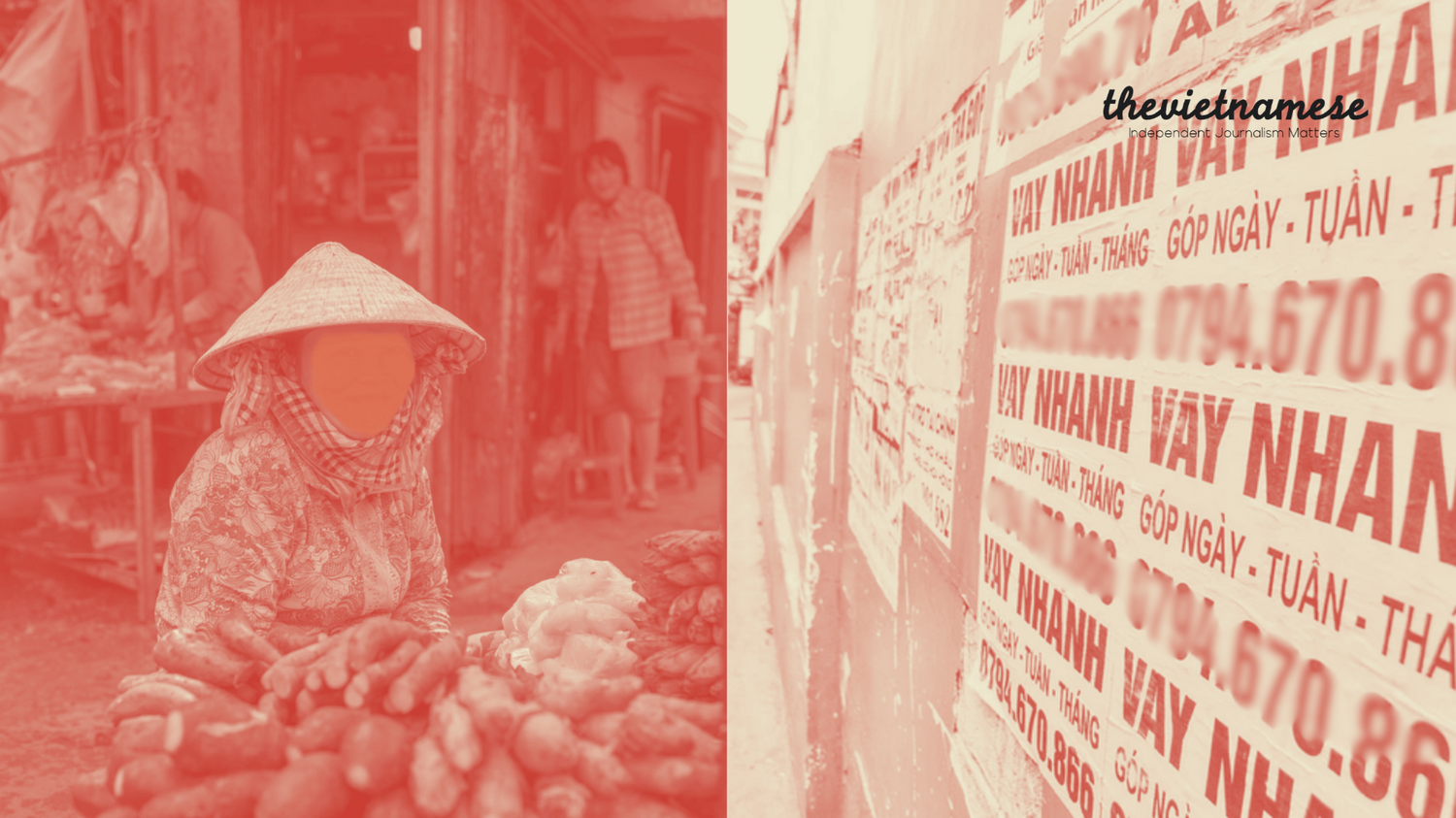Nguyễn Thanh Minh wrote this article in Vietnamese and published it in Luat Khoa Magazine on August 9, 2024. Đàm Vĩnh Hằng translated it into English for The Vietnamese Magazine.
In the provincial town of Châu Đốc, in An Giang province, French anthropologist Nicolas Lainez interviewed dozens of families struggling on the edge of financial ruin. From these intimate conversations, two dominant and socially fraught survival strategies emerged:
- Sending one or more female family members into sex work, or
- Turning to high-risk informal loans, commonly referred to in Việt Nam as “vay nóng” (hot loans).
These decisions were not made lightly. Nor were they always born from desperation. According to Lainez, many households viewed these choices not as signs of failure, but as calculated economic strategies—rational responses to unrelenting financial pressure.
Poverty is not Always What It Seems
Lainez’s research challenges the conventional belief that sex work in Việt Nam is purely a result of poverty. While economic hardship is certainly a factor, he argues that poverty, as measured by income alone, fails to capture the deeper vulnerability faced by many families. The households in his study often did not qualify as “poor” under official Vietnamese government standards.
Instead, they were trapped in what he calls “precarity”: a state of being not poor on paper, but lacking the financial resilience to weather “exogenous shocks” like a sudden illness, a natural disaster, or an economic downturn. It is in these moments of crisis, Lainez notes, that the state’s safety nets often do not reach far enough, or fast enough, forcing families to turn to more desperate measures.
Sex Work as a Family Strategy
For many young women in Châu Đốc, entering sex work was not a tragic last resort but a calculated, family-sanctioned decision. While debt and poverty certainly played a role, Lainez argues that cultural expectations significantly contributed to this choice. In Vietnamese society, the ideal of female sacrifice, rooted in filial piety, often compels daughters to carry the burden when their families falter.
In this context, sex work offered high returns and unmatched flexibility, becoming what Lainez calls “a rational strategy” for survival. The income could cover school fees for siblings, pay for urgent medical expenses, or offset the losses from a failed rice crop. In this difficult calculus, the body became collateral, and it was the daughters who bore the cost.
For those unwilling or unable to enter sex work, high-risk informal loans present the next-best option. While Việt Nam’s state-backed credit programs exist, they are often hindered by bureaucracy, requiring official documents such as “poor household” certificates or land titles that many rural families simply do not possess. Worse, these official loans often exclude the very crises—healthcare and education costs—that push families into debt in the first place.
In contrast, the informal credit market is swift and discreet, built on social ties and reputation. Pawnshops and local lenders offer small, short-term loans with minimal paperwork. Borrowers might only need to put down a mobile phone, motorbike, or a gold bracelet as collateral.
But the catch is astronomical interest rates and the looming risk of violence if payments fall behind. For the very poor, these lenders are often the only option, forcing them to trade short-term relief for long-term debt.
Has Anything Changed a Decade Later?
More than ten years after French anthropologist Nicolas Lainez published his findings, the picture he painted remains uncomfortably familiar. Across rural Việt Nam, young women continue to enter sex work or marry foreign men as a form of family sacrifice. Informal “hot loans” remain the first port of call for the desperate.
Despite years of government rhetoric on financial inclusion and initiatives like the Capital Aid for Employment of the Poor (CEP) and the Center for Women and Development (CWED), official micro-finance programs remain rigid and limited in their reach. This issue is compounded by a near-total lack of financial literacy education, leaving families to face sudden crises with few viable options.
The Quiet Crisis Behind Closed Doors
Lainez’s research reminds us that exploitation does not always wear obvious clothes; sometimes, it happens with quiet consent, in the name of love, duty, and survival. When daughters become financial safety nets and lenders replace the state, it is not just an economic issue—it is societal.
Until Việt Nam addresses the root causes of this rural vulnerability—access to fair credit, comprehensive social protection, and the cultural expectations around gender and sacrifice—families will continue to make the same painful choices, trapped in a quiet crisis behind closed doors.

